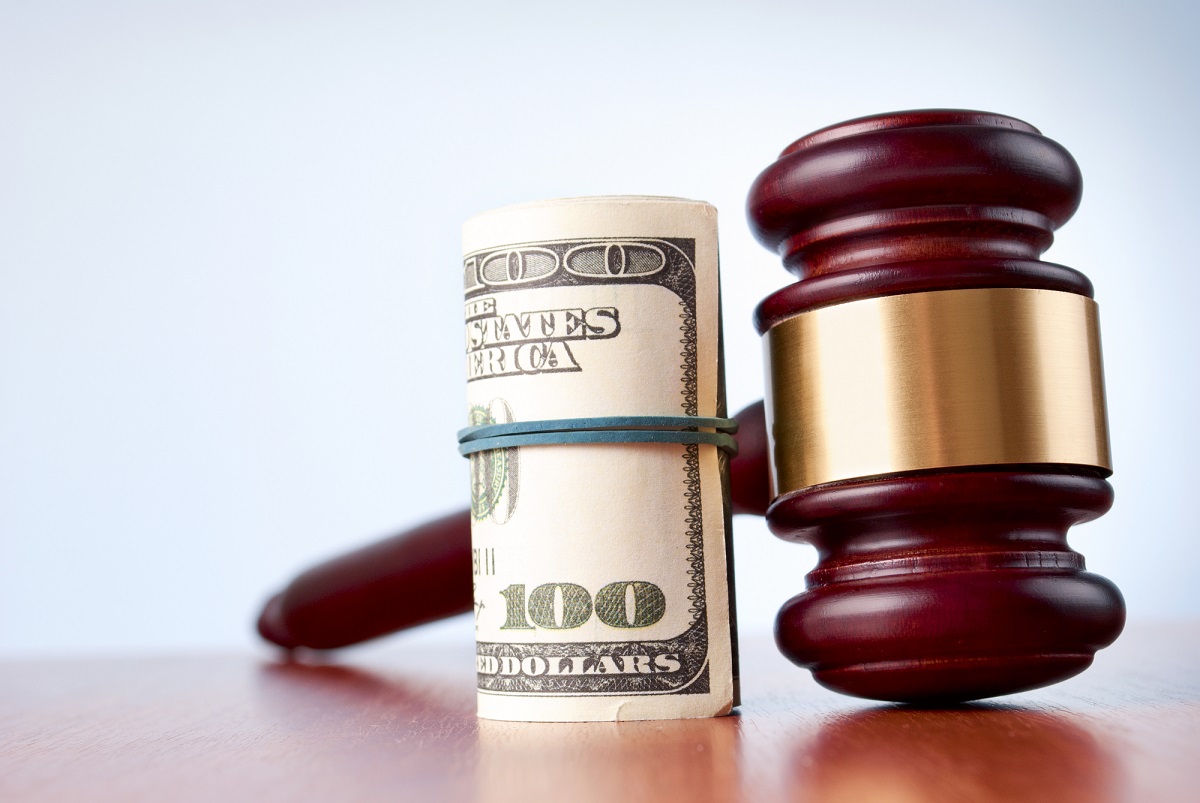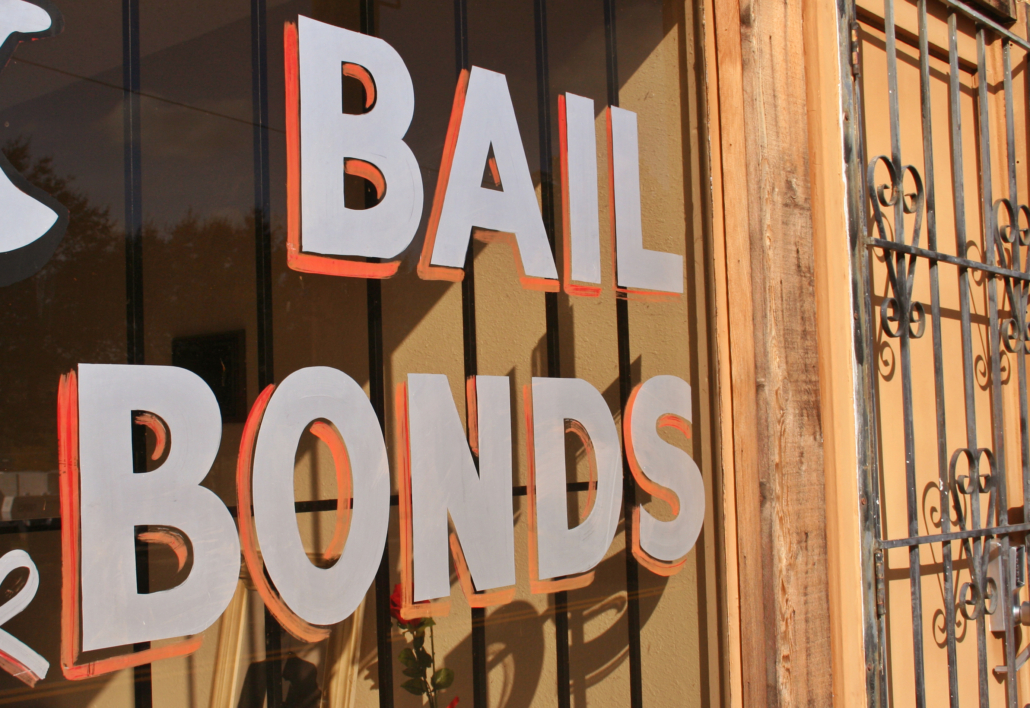The Function of Bail Bonds in Making Sure a Fair and Effective Judicial Process
The function of bail bonds in the judicial procedure is diverse, touching on concerns of justness, effectiveness, and economic disparity. While they offer a crucial mechanism for accuseds to protect pretrial release, bail bonds additionally increase essential questions concerning equality and justice.
Comprehending the Bail System
Browsing the intricacies of the bail system is vital for comprehending just how people implicated of criminal offenses are briefly released from safekeeping while awaiting trial. At its core, the bail system is developed to ensure that an accused individual returns for court looks while allowing them to preserve their day-to-day live during the interim. The process starts as soon as a defendant is billed and brought before a court, who identifies the bail quantity based on elements such as the seriousness of the alleged infraction, the offender's criminal background, and prospective trip risk.
Bail can take various kinds, including money bonds, residential property bonds, and surety bonds. Guaranty bonds, typically promoted by bail bond agents, allow offenders to pay a portion of the bail amount, with the agent giving an economic guarantee to the court.

Legal Structure and Laws
The legal framework and guidelines regulating the bail system often play a pivotal duty in forming its application and fairness. Secret legislation such as the Bail Reform Act establishes out standards that identify qualification, problems, and factors taken into consideration by courts when establishing bail (craven bail bonds mansfield ohio).
Judicial discretion is one more foundation of the bail procedure, encouraging judges to evaluate the nuances of each case. Nevertheless, this discretion is guided by a series of statutory aspects, consisting of the seriousness of the infraction, trip danger, and possible risk to the neighborhood. Furthermore, policies often offer various kinds of bail, such as cash bail, surety bonds, and release on recognizance, each with unique demands and ramifications.
Moreover, reforms in recent years have sought to deal with systemic injustices, such as racial prejudices and economic differences, influencing bail decisions (craven bail bonds mansfield ohio). These reforms intend to improve the justness of the judicial process, ensuring that the lawful structure adapts to modern societal requirements while preserving public safety and security and due process
Effect On Accuseds' Civil Liberties
While the bail system is designed to make sure both the charged's appearance at trial and the safety and security of the community, it significantly impacts offenders' legal rights, particularly when misapplied or influenced by inequitable elements. At its core, the requirement for bail can threaten the anticipation of innocence, an essential principle of justice. Defendants who can not afford bail might deal with extended pretrial detention, which can cause loss of real estate, family members, and employment disruption, therefore impacting their capability to place an effective defense.
Furthermore, the bail system can exacerbate existing inequalities. Those with limited funds might be pushed right into pleading guilty to lower costs to accelerate launch, regardless of their actual shame or virtue. This dynamic raises concerns regarding the justness and integrity of the judicial procedure, as it might oblige individuals to decriminalize decisions based upon financial constraints instead of the advantages of their situation.
In addition, the mental impact of pretrial apprehension can impair an accused's psychological health and wellness and decision-making capacity, better infringing on their civil liberties. The system's reliance on additional reading monetary bail commonly stops working to consider different actions, such as digital tracking or community guidance, which can stabilize public security with maintaining accuseds' legal rights.
Economic and Social Considerations

From a more comprehensive social perspective, the bail system adds to wider societal inequalities. Areas with high rates of pretrial apprehension experience boosted instability, as people that can or else contribute positively to their areas locate themselves knotted in the justice system. This phenomenon can sustain cycles of destitution and criminal offense, undermining public safety and security and neighborhood communication.
Additionally, the economic effects extend beyond specific defendants, as taxpayers birth the expenses of maintaining chock-full detention facilities. This questions regarding the allocation of public resources and the effectiveness of such expenditures in achieving justice - bail bonds richland county. Addressing these economic and social factors to consider is essential for a more fair judicial procedure that focuses on both justness and effectiveness in its operations
Difficulties and Reform Efforts
Browsing the obstacles of the bail system discloses an intricate internet of legal, social, and financial concerns that require detailed reform efforts. The current system commonly disproportionately effects low-income defendants that are not able to afford bail, leading to extended pretrial detention.
These devices aim to change cash bail with non-monetary problems of release. Furthermore, some states are executing legal modifications to limit or eliminate money bail for non-violent offenses.
However, these reforms are consulted with criticism and obstacles, especially worrying the precision and justness of danger evaluations and potential prejudices. view it Successful reform needs collaboration amongst click this link policymakers, lawful professionals, and area stakeholders to make sure that the changes promote justice without endangering public safety.
Verdict

Guaranty bonds, commonly assisted in by bail bond representatives, permit defendants to pay a portion of the bail amount, with the representative providing a monetary warranty to the court.
Secret regulations such as the Bail Reform Act establishes out standards that determine qualification, problems, and elements considered by courts when establishing bail.
Furthermore, guidelines usually give for different types of bail, such as money bail, guaranty bonds, and launch on recognizance, each with distinctive needs and effects.
While the bail system is made to make sure both the accused's look at test and the security of the area, it substantially impacts offenders' legal rights, specifically when misapplied or affected by inequitable elements.The bail bond system plays a pivotal duty in balancing the judicial procedure by supplying monetary devices that assist in defendants' launch while awaiting trial.